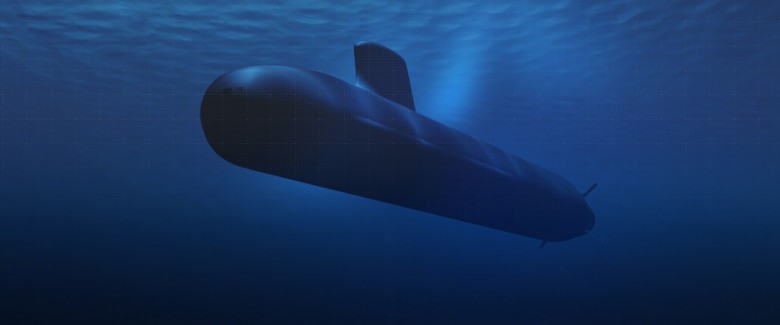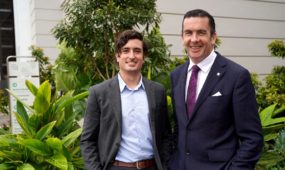French connection to help Australian firm win submarine work
Defence
Global engineering group SEGULA Technologies has formed a partnership with a South Australian engineering consultancy in a bid to win detailed design work in Australia’s Future Submarine Program.

Sign up to receive notifications about new stories in this category.
Thank you for subscribing to story notifications.

The partnership with Adelaide-based GPA Engineering follows the Australian government’s decision to award Naval Group the contract to design and build 12 Attack Class submarines for the Australian Navy.
South Australia is pivotal in Australia’s $50 billion plan to regenerate the Royal Australian Navy with new submarines, frigates and offshore patrol vessels. The Attack class submarines will be built at the Osborne Naval Shipyard in Adelaide, which is undergoing a $500 million upgrade.
SEGULA Technologies and Naval Group are both headquartered in France and have a long history of working together on surface ship and submarine projects.
GPA Engineering has offices in Brisbane, Melbourne, Perth and Darwin but the bulk of its 250 staff are based at its Adelaide headquarters. The company formed in the late 1980s and has traditionally focused on major oil and gas projects.
General manager Sean Flaherty said the partnership with SEGULA was a good match that would help it establish as a supplier to Naval Group.
He said GPA was used to working with large companies in South Australia such as BHP, Santos and Oz Minerals and had started to move into defence after identifying it as “the next big thing”.
“We’ve got a large professional engineering workforce here and we’re transferring skills from the other industries into naval and what SEGULA brings to the table is both naval experience and direct Naval Group experience,” Flaherty said.
“This is all about diversification, having a resilient business and defence is an exciting new area that we want our staff to work in.
“We’ve joined together with SEGULA because what we don’t have is experience in naval architecture ourselves.”
SEGULA has a presence in more than 30 countries and established an Australian office in Sydney in 2017 where it has quickly grown to more than 50 engineers.
The Australian office has contributed directly to large-scale projects such as the development of X’Trapolis trains for the Melbourne rail network, the Citadis tramway in Sydney and the QNGR transport train for the Brisbane region.
GPA Engineering travelled to Euronaval in France last year at the invitation of Naval Group where they were introduced to a number of defence supply chain companies, including SEGULA.
“SEGULA has a similar culture to us in terms of their interest in the high quality detailed design of projects so we could see good synergies with them,” Flaherty said.
“They are already in Australia but mainly involved in rail out of Sydney and we’re based in Adelaide and starting to build our defence reputation.
“I think it also fits what the government is trying to do with the technology transfer from France to Australia.
“This gives us the opportunity to potentially have some of our staff going over to France to work with SEGULA on Naval Group projects over there and bring that knowledge back.”
SEGULA Technologies Australia Managing Director Pierre Maciejowski said GPA Engineering stood out in an extensive two-year search for an Australian partner.
“Not only in the size of their relevant competences and professionalism, but also in a meeting of the minds of our two cultures,” he said.
The SEGULA and GPA teams will present their projects at Pacific 2019 in Sydney from October 8 to 10.
Jump to next article



